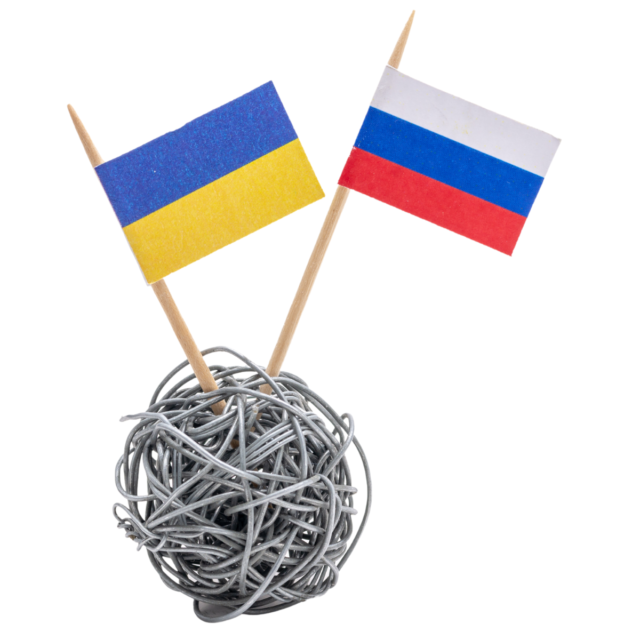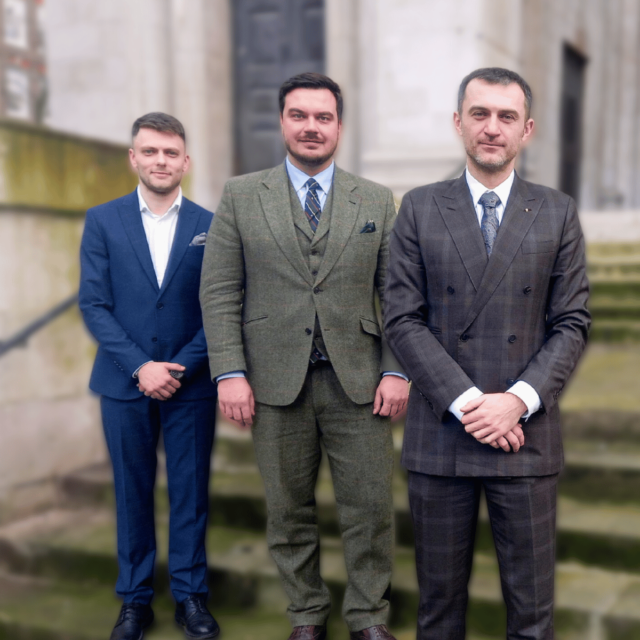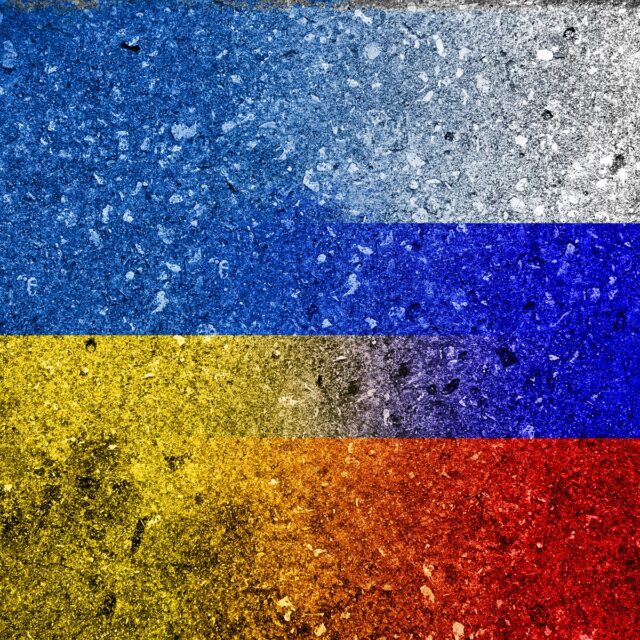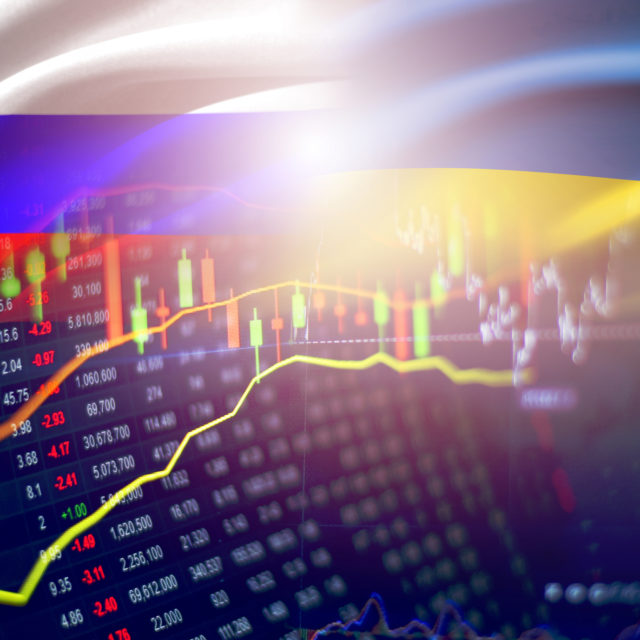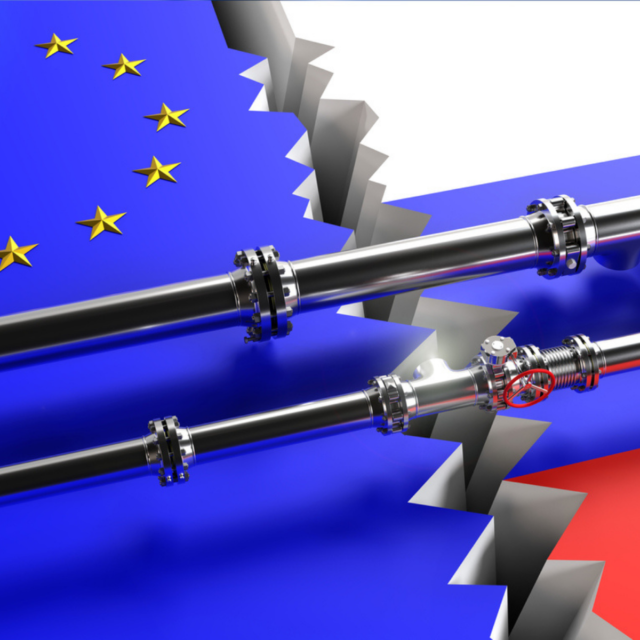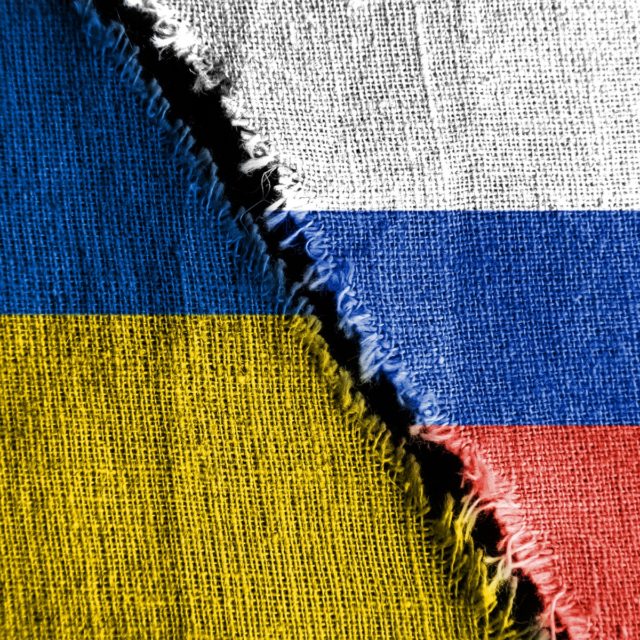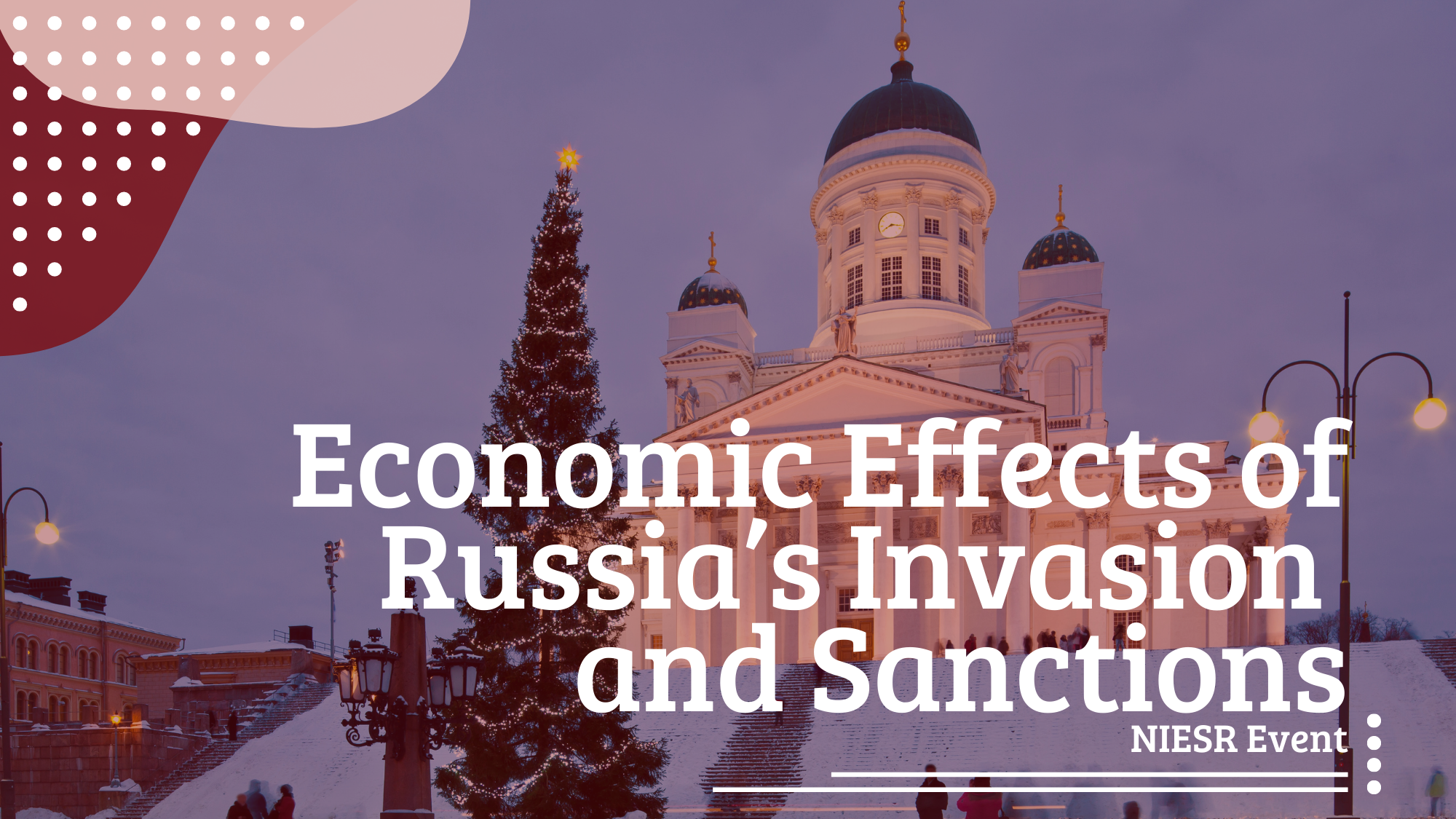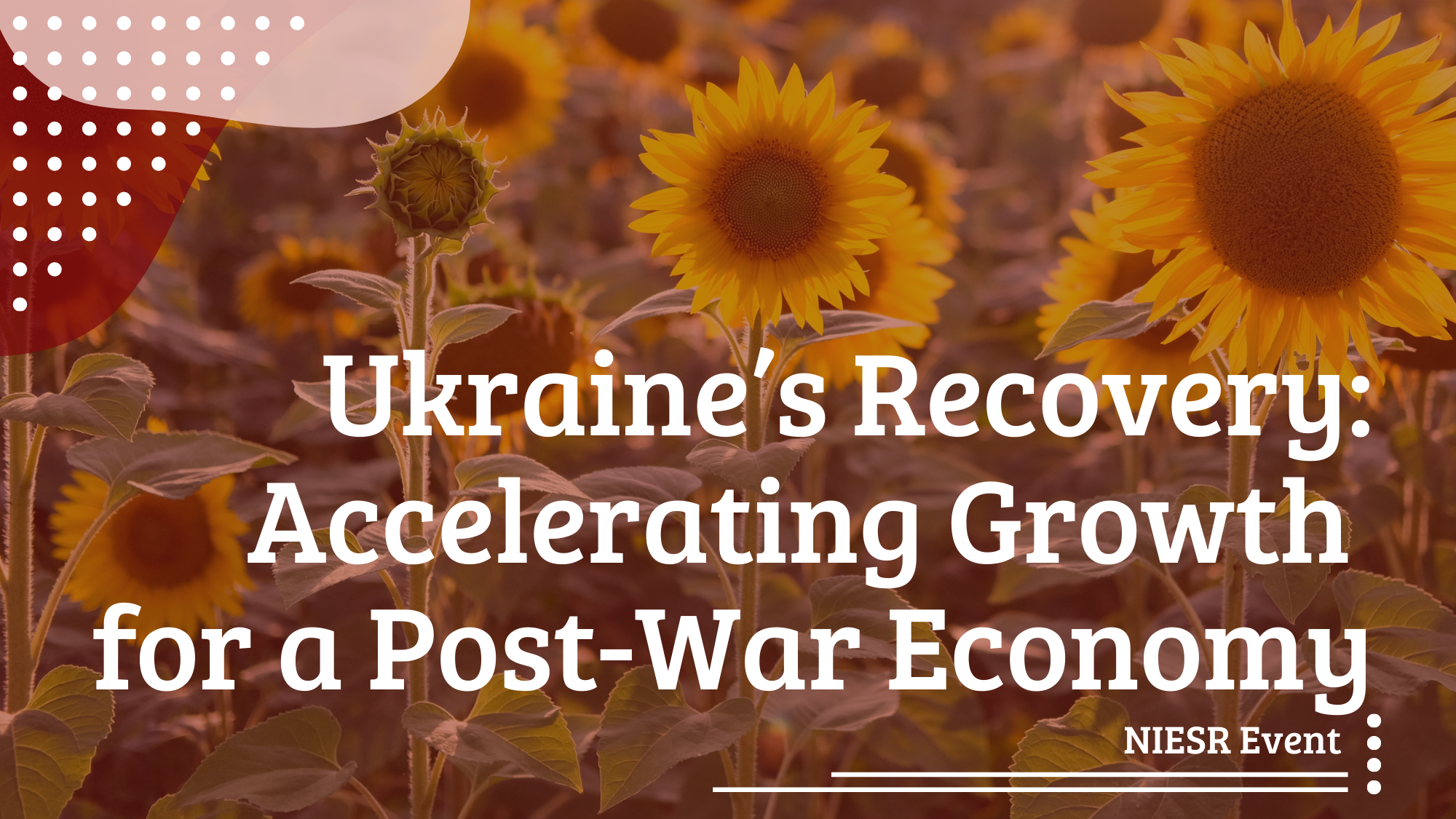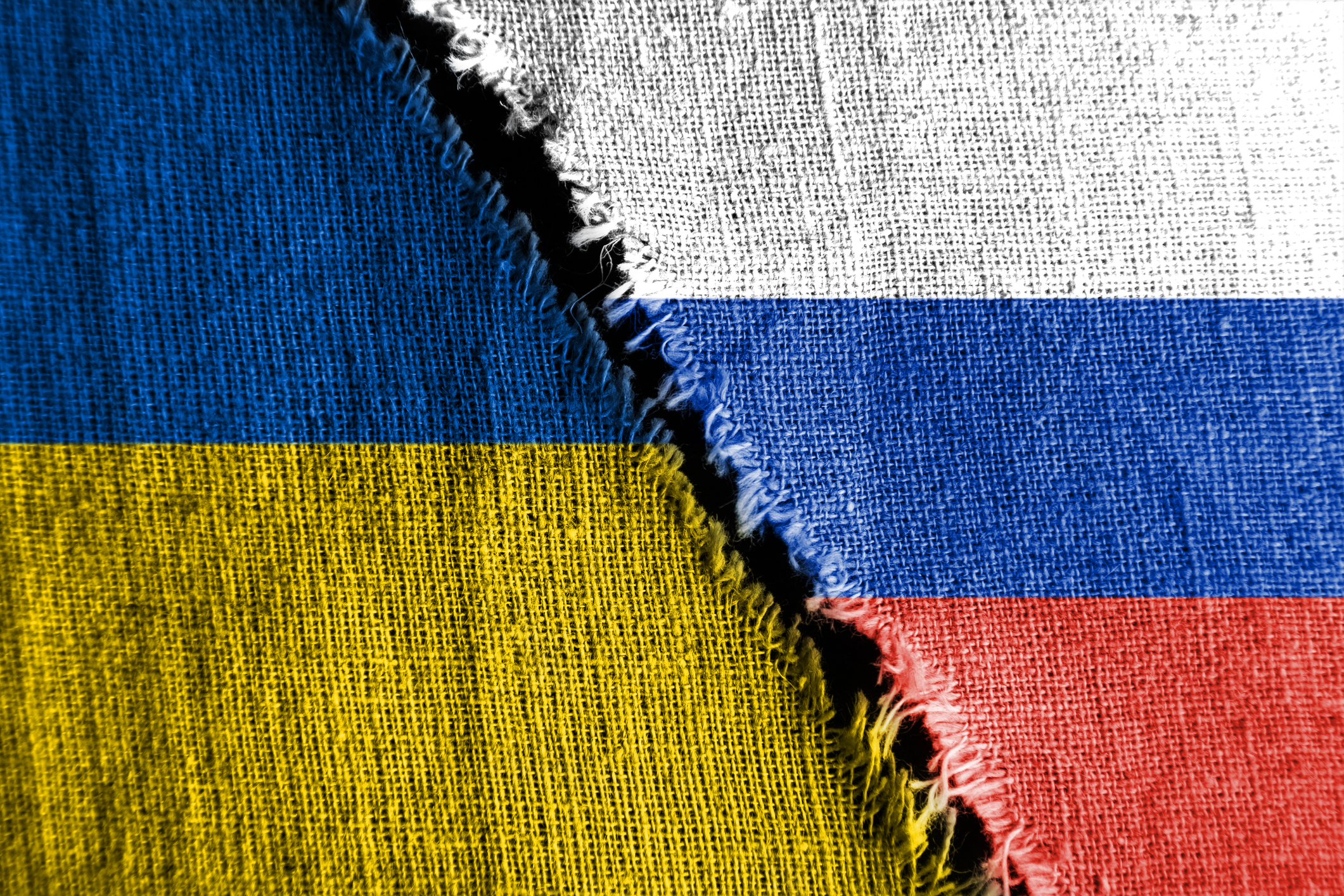Building a Post-War Ukrainian Economy
Over the past year, since Russia’s full-scale invasion of Ukraine, the National Institute of Economic and Social Research (NIESR) has worked with Ukrainian economists and policymakers about the impact of the war on the country’s economy and the laying of foundations for post-war reconstruction. NIESR has convened a number of events and recently hosted Dmytro Natalukha who is a member of parliament for the governing party and chairs the Economic Committee of the Ukrainian Parliament, as well as Glib Buriak and Vlad Davydov who are economic advisers for a week of meetings in London. NIESR’s Director Prof Jagjit S. Chadha spoke with Dmytro about models for rebuilding the economy after the ravages of the invasion

One year since the Russian invasion, how to approach the question of post-war reconstruction?
Rebuilding a war-torn economy from ground up, after it has been devastated by shells and bombs is in a way is like creating an open market economy on the rubble of the socialistic heritage — there is nothing left to stand on. The foundations are fragile, and this has not been helped by the fact that Ukraine has been developing a market model since 1991. Despite some bright spots, it is generally accepted by most people in Ukraine that the national economy has not been performing in line with its enormous intellectual and industrial potential.
While there is a widespread view that corruption and a lack of institutions and the rule of law are to blame, it is also the case that the very idea of a market economy has not been clear or accepted in what is a young democracy, which is only some thirty years old. Building those institutions and beginning the long road of recovery will take an awful lot of time. With the support of Ukraine’s allies the country has a bright future ahead, but the country cannot rely exclusively on international assistance. Based on the country’s potential, the solution is in the strengths that Ukrainians have displayed since independence in 1991 — entrepreneurship, innovation and the sheer speed of reaction. Ukraine has another historic chance to leave its mark and become a model for economic development at the heart of Europe.
What are some of the main requirements of Ukraine in the present situation?
The low rate of economic growth requires a significant up-scale investment and production — the ability of the economy to absorb investment and grow national assets, otherwise the value of foreign donations will fall and assistance will dry up. The ability of the economy to respond to investment is largely defined by both institutions and the quality of transactions in the country.
Moreover, the level of prices in the economy is also defined not only by traditional measures of the volume of money, but also by generally accepted indicator of the velocity of money. This means that the faster the circulation of money in the economy, the less money you need to service the same level of economic activity. Raising the velocity is a promising strategy for economic development as it distributes money with better efficiency and less concentration but this approach was not popular due to administrative limits and the nature of money circulation — you just cannot run faster than you do in an industrial economy.
But what if you release individual potential and bring solutions to the bottlenecks that block money and the country’s economic potential? Moreover, these bottlenecks are mostly administrative and regulatory that commonly serve as a source of corruption. So if the governmental design would automate standard organisational functions that often give rise to rent-seeking, you can accelerate economic development, reduce corruption and improve the strength of institutions all at once. This serves both the goal of a faster recovery and the Ukrainian people’s aspiration for entrepreneurial freedom and creativity. What is requires is a Fast State.
Can you explain what you mean by ‘Fast State’?
Fast State is a human-centric organisation of the economy that connects private initiatives with governmental functions designed to accelerate the operation of the economy. State agencies can provide Application Programming Interfaces (APIs) for connections that automate services and allow private companies to operate with a high level of efficiency, for example by using automated scripts and thereby improve the efficient allocation of resources.
As today the average business spends an excessive amount of time on taxation, clearance of imports, interactions with the banking system, getting permissions and licensing etc., we aim for the automation of these procedures so as to free up decision-making and raise the efficient resource allocation to the optimal levels while radically reducing opportunities for bribery or the abuse of power.
Ukraine as a part of the global economy must be an equal partner that provides possibilities for allied states. To become such a partner, its human capital together with economic opportunities must be attractive and promising. Innovations, speed, and creativity — those are the attractions Ukraine can offer to the world, and the idea of the Fast State is a key mechanism to make good on this promise.
